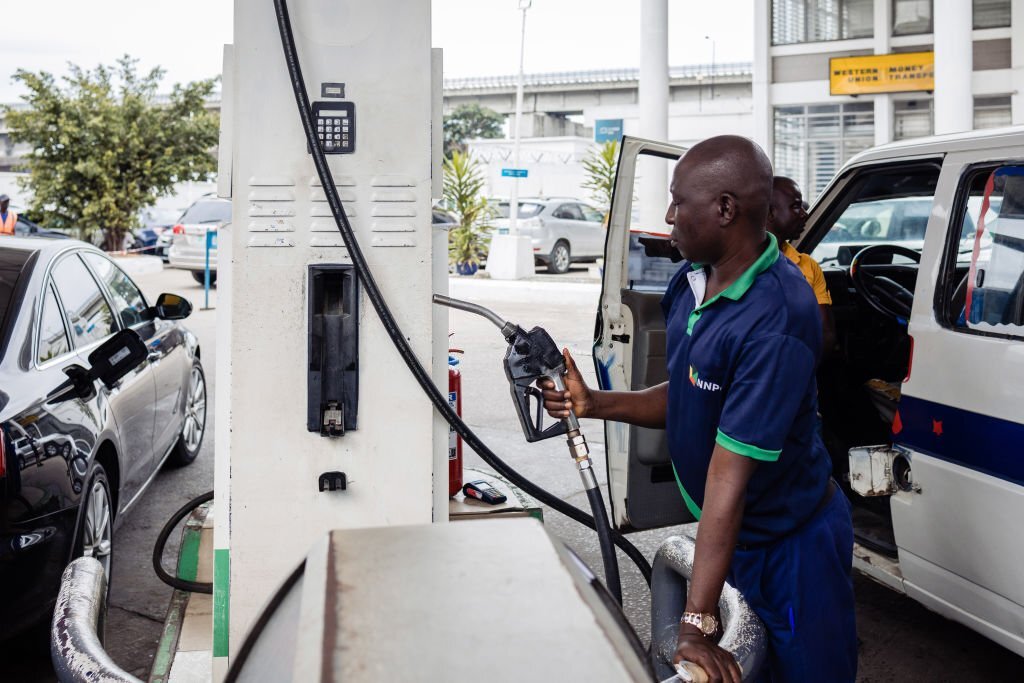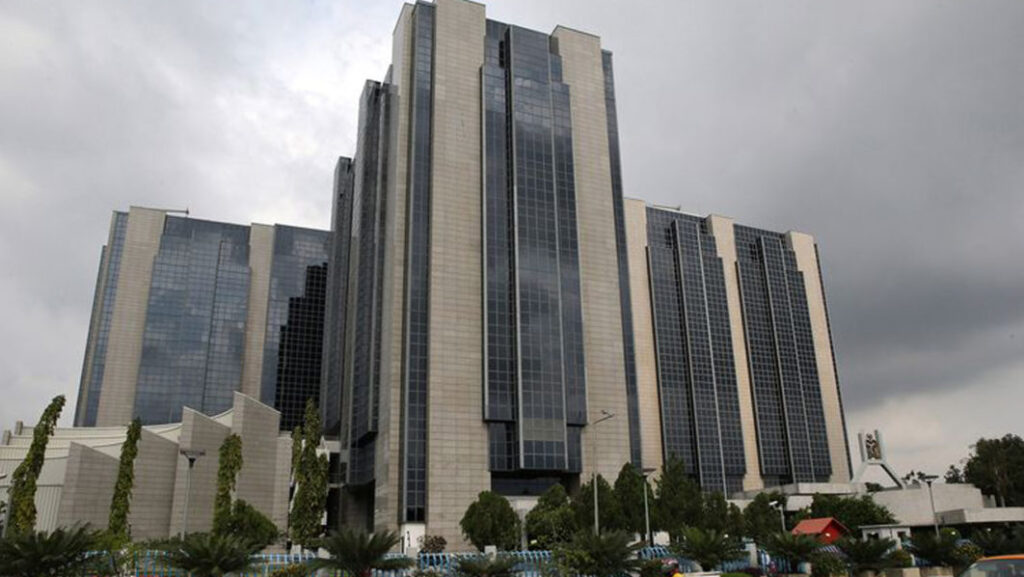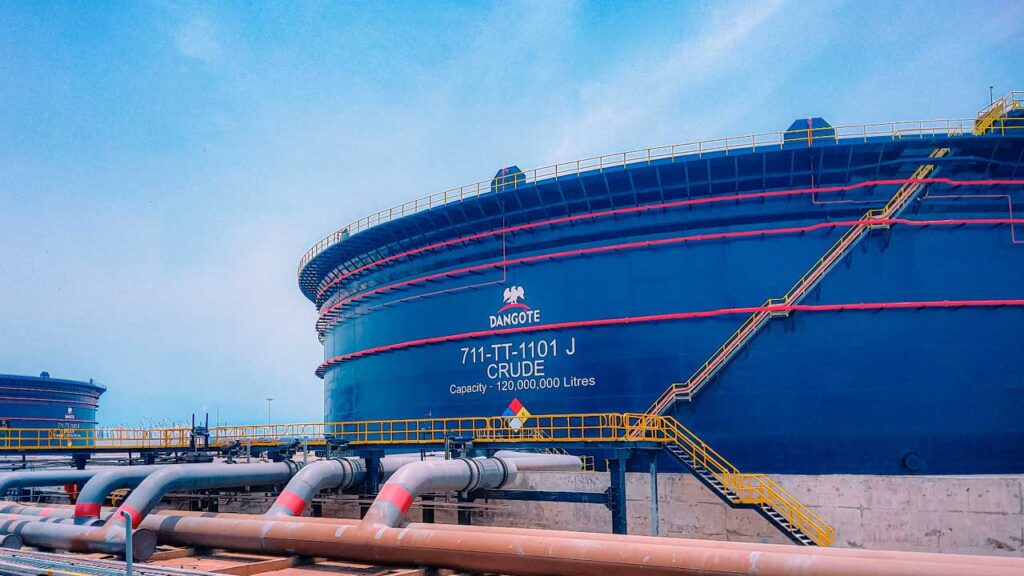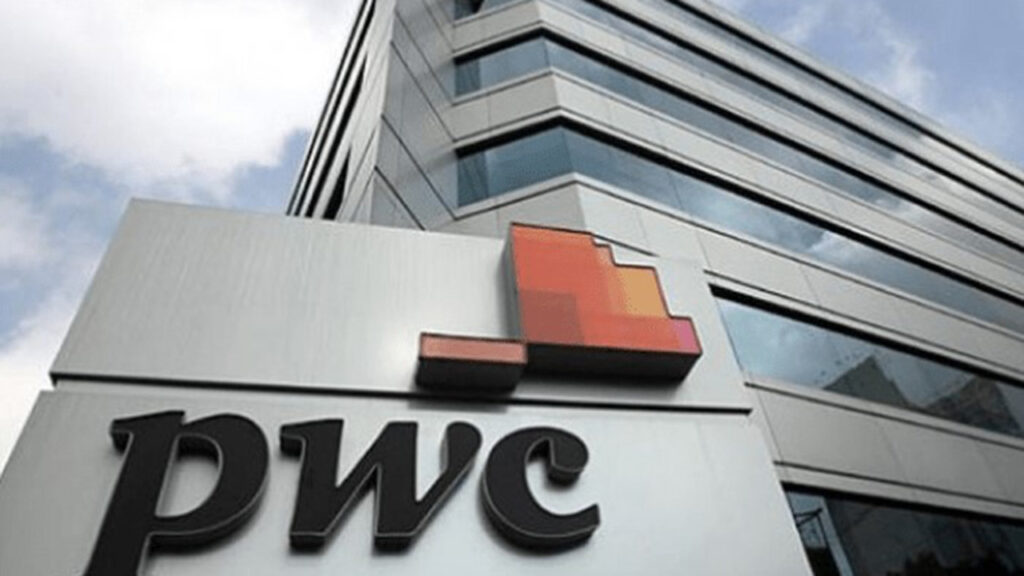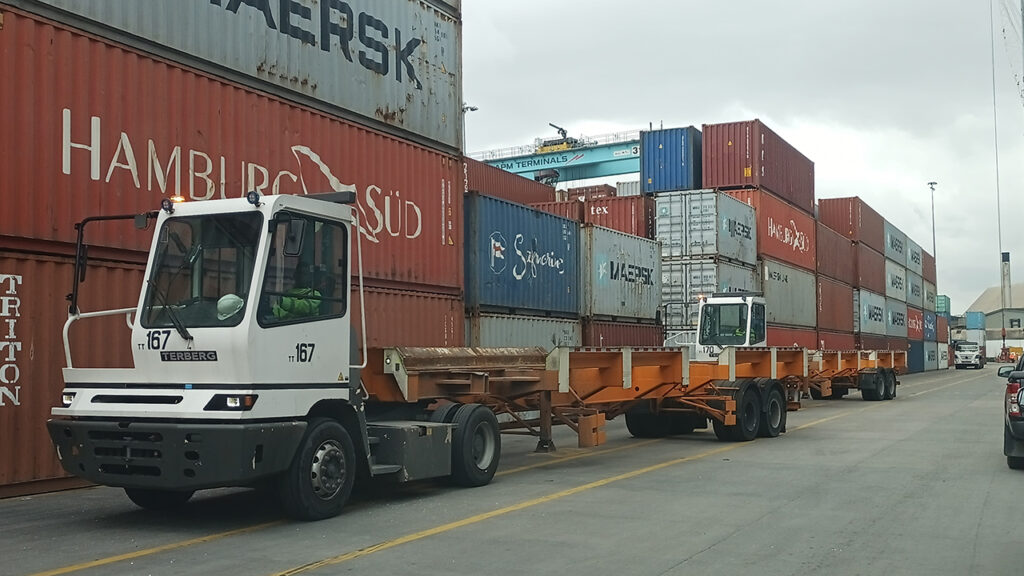
The Manufacturers Association of Nigeria (MAN) has raised concerns about the provisions of the 2023 Fiscal Policy Measures (FPM), particularly the excessive increase in excise on beverages and tobacco and the introduction of a tax on Single Use Plastics (SUP) among others.
Speaking, yesterday, at a press conference held in Lagos, MAN’s president, Francis Meshioye, recalled that the government initiated a three-year excise roadmap in 2018, which ran till 2021, without any issues, enabling the industry to successfully plan its operations.
In 2021, he said, the government retained the excise rates for 2020/21 up until May 2022, while it utilised the one-year period to engage extensively with the industry to decide on a revised roadmap.
He said that following the engagement, the government released the 2022 FPM with a revised three-year excise roadmap, which, though had higher excise rates, took into consideration the potential impact on the economy.
He said to the surprise of stakeholders, barely five months into the implementation of the 2022 excise roadmap, they were told of plans by the government to further increase excise rates.
He said they engaged with the federal government and by the end of last year, had the informal understanding from these engagements that the excise rates for 2022/23 would be retained for 2023/24.
Pointing out that the manufacturing sector is in an acute recession, Meshioye said this increase is coming at a time when the sector is immersed in an unprecedented crisis due to extraordinary challenges including sustained scarcity of naira, limited access to foreign exchange, record inflation and a struggling economy. These challenges, he said, have led to a massive decline of -169 per cent in profit before tax for the brewing sector in Q1 2023.
He further revealed that the manufacturing sector recorded a 36 per cent downturn in profit margins from 2021 to 2022 and an over 400 per cent increase in energy costs, further constraining growth of the sector. In addition, he said, the tobacco sector has actively begun to reduce its export production as it has over N39bn trapped in the Export Expansion Grant incentive not yet released to it by the federal government to manage its operations.
Adding that the increase is exceptionally excessive and not consistent with best practice globally, he said the excise for beer was increased by 200 per cent, translating to a tripling of excise on the product. “This is coming against the backdrop of the huge tax burden on the tobacco and beverage sectors, with the tobacco industry being taxed five times more than the average for other industries.”
Regretting that low sales volumes will lead to business restructuring and a reduction in investment across the impacted sectors, he said if sales proceeds can no longer sustain overheads and operating expenses, businesses will be forced to scale down, resulting in factory closures, job losses, the decline in exports and more.

